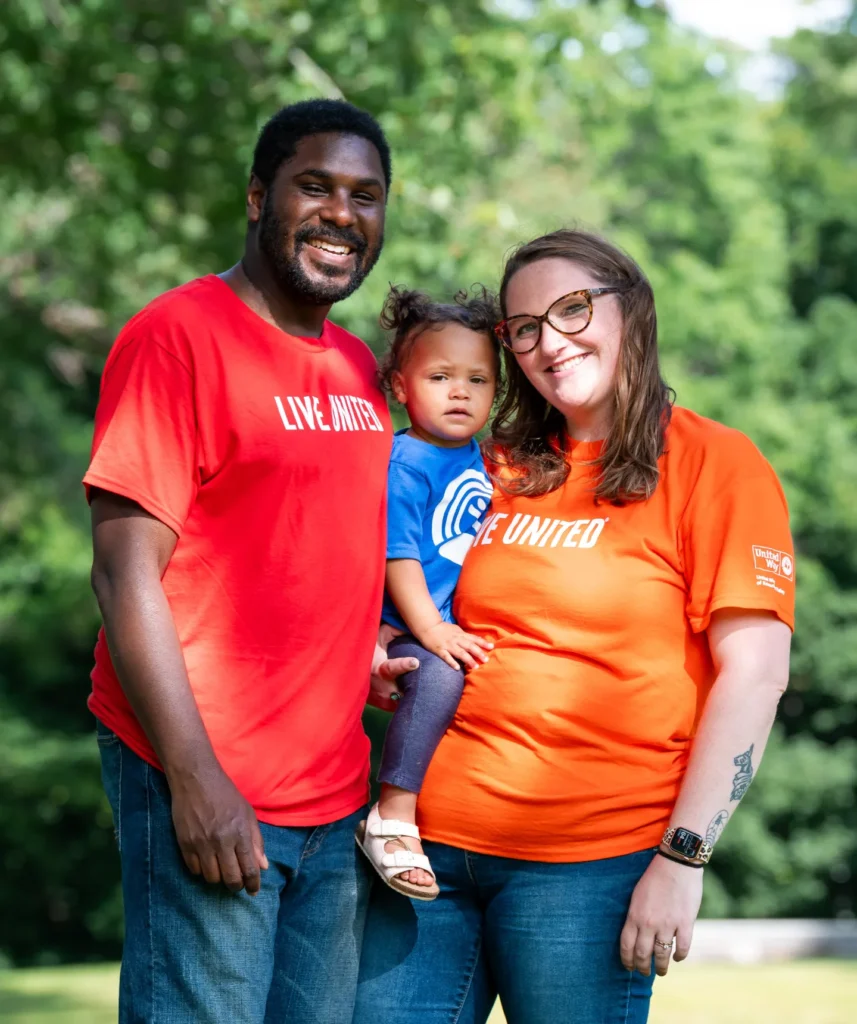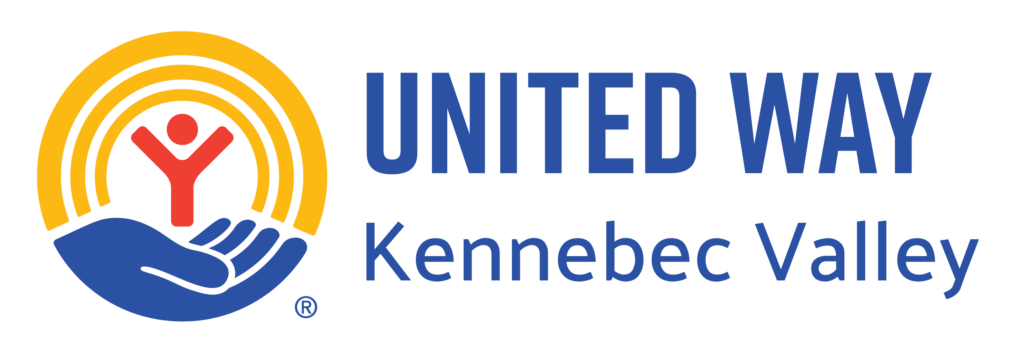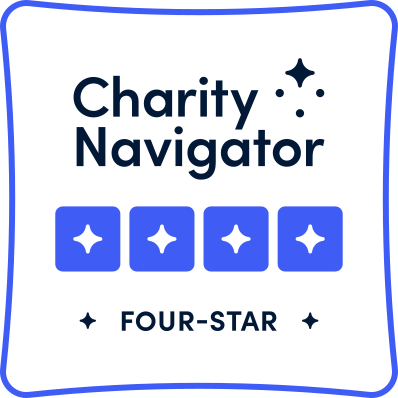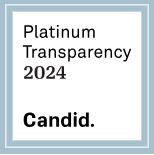WHO WE ARE
Diversity, Equity & Inclusion
Embracing and Championing Diversity, Equity and Inclusion (DEI) in Kennebec Valley: Our Commitment to a Better Future
Celebrating Diversity
We believe in the power of diversity, recognizing that each unique perspective enriches our collective understanding. We take the broadest possible view of diversity, extending beyond visible differences to affirm the humanity of all individuals.
Advancing Equity
Equity is the cornerstone of a fair and just society. We are committed to ensuring that everyone has the opportunity to thrive. To achieve this, we apply an equity lens to our organizational practices, guiding our decision-making processes and driving progress in this vital area.
Fostering Inclusion
Inclusion is the key to harnessing the collective power of decision making. We believe that inclusive environments create innovative solutions and empower communities to take ownership in addressing complex issues. We actively engage the power of inclusion in all aspects of our work.

PARTNER PROGRAM SUPPORT
in diversity, equity, and inclusion. We provide:
Transparent Decision-Making
We offer transparency in our decision-making processes and facilitate meaningful opportunities for feedback, especially for those directly impacted by our initiatives.
Educational Resources
We act as a valuable resource for the community, offering information, materials, and training to enhance awareness and understanding of DEI principles.
Model Best Practices
We set an example by modeling and sharing best practices, providing a framework for assessment, and holding ourselves accountable.
Leveraging Partnerships
We leverage our established partnerships and community connections to coordinate and drive efforts in this critical work, uniting our resources and knowledge to effect positive change.
UWKV'S DEI ACTION PLAN
United Way of Kennebec Valley adopted the following, three-year DEI Action Plan in March 2023.
The plan is embedded within UWKV’s coinciding three-year Strategic Plan.
Overarching Objective
High-Level Plan
1
2
3
4
5
Anti-Racial, Ethnic and Religious Discrimination Statement
We unequivocally denounce racial, ethnic, and religious discrimination as an organization and a community.
Racial, ethnic, and religious discrimination demoralizes the target of the discrimination and undermines the welfare and vitality of the entire community. We identify as an anti-racist, anti-ethnic discrimination, and anti-religious discrimination organization and community, and we publicly denounce all barriers to progress that make this aspiration difficult to achieve. We oppose all forms of oppression, specifically racial, ethnic, and religious discrimination, that impedes the health, education, and financial well-being of any individual, especially Black and Indigenous People and People of Color (BIPOC).
Intersectionality highlights the overlap of oppressive societal systems (e.g., racism, classism, sexism, ableism) to examine the root causes of violence and oppression. We recognize that society taught us how to think about and interact with ourselves and others. As a result, we are born into unequal roles that allow or deny us access to resources. UWKV believes that all lived experiences are valid and true. We strive to actively see one another holistically rather than what we assume another person to be.
We understand that what is now known as Kennebec County belonged to the Wabanaki tribes who continue to endure a different, more restrictive status than all 574 other federally recognized tribes in the United States. We recognize that the families of early European colonists benefited from enslavement of peoples from Africa and Asia in direct and indirect ways. We acknowledge that Maine settlers excluded people of color from certain jobs, forbade interracial marriage, destroyed the homes of Black people, and introduced the Ku Klux Klan into the political climate. We acknowledge that these forms of racial, ethnic, and religious discrimination have existed in the past and persist in the present as active forces and realities in our communities. Waves of immigrants seeking refuge, homes, and jobs historically and presently continue to face prejudice and hardships related to their real or perceived differences.
Maine has perpetuated various forms of ethnic discrimination and religious discrimination throughout its history as well. Immigrants including but not limited to Irish and French-Canadians have faced significant prejudice, hostility, and exclusion as they sought better opportunities. The history of antisemitism spans over two millennia and is marked by pervasive prejudice and violence against Jewish communities worldwide. In Maine, Jewish immigrants began arriving in large numbers in the early 20th century. The rise of the Ku Klux Klan in Maine in the 1920s, which boasted a statewide membership of 20,000 people in 1923, led to an increase in antisemitic rhetoric and actions, influencing politics and social attitudes. Organizations like the American Nazi Party and the publication of antisemitic texts further exacerbated prejudices, contributing to a broader climate of hostility towards Jewish communities. Maine has also experienced an uptick in anti-Muslim and Islamophobic behaviors. High-profile incidents include vandalism of mosques, such as the defacement of an Islamic center with hate symbols in 2020, and a series of verbal harassment cases targeting Muslim individuals.
Systemic racial, ethnic, and religious discrimination occurs when the practices of an institution benefit one group of individuals at the expense of another, often without the realization of those on the receiving end. Many institutions have no concrete policies, procedures, or trainings to counter biases or move to correct systems, leaving discrimination to persist without any awareness or corrective actions.
As we work to improve life outcomes for every person in our community, we acknowledge that structural racism, ethnic, and religious discrimination, and other forms of oppression have contributed to disparities. We recognize those inequities are the result of policies, systems, and institutional patterns that work to marginalize entire populations of people. Racial, ethnic, and religious discrimination exists across health, education, and financial stability sectors throughout the country, inside our communities, and even within local organizations.
Specific national examples of institutional racial, ethnic, and religious discrimination can be found in socio-economic and health outcomes disparities, including infant mortality rates, income inequality, pay gaps, generational wealth, and doctors spending less time with black patients than with white ones; in education through the inequity of pay for black versus white teachers; and in financial stability through real estate in the form of redlining, in which racial steering creates “black” or “white” neighborhoods.
Local instances of institutional racial, ethnic, and religious discrimination include more people of color without health insurance coverage than white people; lower math and reading proficiency and lower graduation rates for students of color versus white students; and increased unemployment and poverty rates for people of color than for white people in Kennebec County. In addition, immigrants face unnecessary barriers to accessing healthcare and education and to resuming their prior professions in their new communities. These types of barriers make it less likely that diverse populations will call Kennebec County home—at least not for long.
Find more information and statistics about:
- Recent increase in antisemitic harassment, vandalism and assault at Jewish institutions nationwide (Anti-Defamation League)
- Racial disparity in health insurance coverage (Impact2032)
Even within our organization, we identified instances of racial, ethnic, and religious discriminatory practices that we have since addressed and continue to address through calculated action steps. We recognized that we were not engaging enough members of our community whose voices have been traditionally marginalized, so we are deliberately inviting others into the discussion and decision-making processes. We realized that we were not holding our funded partner programs accountable for making diversity, equity, and inclusion a focus within their organization, so we have incorporated these concepts into our investment processes and are working toward offering trainings on this topic.
We propose to build a culture reflective of our identity as anti-racist, anti-ethnic discrimination, and anti-religious discrimination. We are working toward creating inclusive, safe, and welcoming communities that foster belonging and offer an opportunity to thrive for individuals of all identities. A community centered in belonging allows individuals to engage in customs that celebrate their unique identities and promotes opportunities for others to engage with and learn about the cultural norms and practices that are different from their own. A community focused on providing equitable opportunities to thrive allows and supports individuals in achieving their own versions of success.
Find more information about our ongoing efforts and action steps:
We know that ending racism and ethnic and religious discrimination will require a lifelong commitment to learning through traditional and experiential education and everyday practices. Therefore, we continue to enter these discussions with humility and a willingness to learn and grow as our awareness deepens and our consciousness develops around racial, ethnic, and religious discrimination.
We acknowledge that discrimination exists for others based on different aspects of their identity, including age, class, cognitive style, ethnicity, gender identity, generational poverty or privilege, physical ability, race, religion, sexual orientation, and all other real or perceived differences. Therefore, we widen our embrace and extend these sentiments to all other socially constructed forms of discrimination. We work toward bringing visibility to all identities and the intersectionality of identities.
“Do the best you can until you know better. Then when you know better, do better.”
—Maya Angelou



